Member of the Month: Darrell Hudson
Hedwig Lee, Anjum Hajat
Darrell Hudson is an Associate Professor at the Brown School of Social Work and the Department of Psychiatry at Washington University in St. Louis. He is also a Faculty Scholar at the Institute for Public Health. He joined IAPHS in 2017. Learn more about Darrell on his website and follow him on twitter: @DrDHud
Tell us a little about yourself, where are you from, where did you go to graduate school, what makes you jump out of bed each morning?
I was born and raised in Detroit. There were so many racial inequities, including health, social and economic, on display as I was growing up. My experience growing up there continues to motivate me and the pursuit of my research agenda. I was always very curious about why there were so many inequities, especially across race/ethnicity, long before I could really articulate what was going on. The desire to address those inequities, whether through my research, engaging with community organizations or training students, gets me out of bed every day.
How do you define yourself as a population health professional?
I’m a passionate, transdisciplinary scholar dedicated to reducing and eliminating health inequities.
What disciplines do you engage with and are there disciplines that you would like to engage with?
My background is in public health. Other disciplines I engage with include sociology, medicine, demography and social work. I’m always looking for other disciplines to engage with. Other fields that I would like to engage include economics and biology.
Describe a current project/initiative that you are excited about.
I am really excited about two things. I am writing up the results of a mixed methods project that examined “costs of upward mobility” among black Americans. A number of IAPHS scholars have documented diminishing returns on human capital investments across race/ethnicity. I’ve been investigating the qualitative experiences of these costs and diminishing returns such as navigating cultural racism as well as the contours of social support and social networks among upwardly mobile black Americans. The findings are depressing but I believe the work is important.
Another initiative that I am excited about is helping to lead the Collaboration on Race, Inequality and Social Mobility in America (CRISMA) here at Wash U. CRISMA is an applied, interdisciplinary research initiative that addresses impacts of inequality and structural racism on disparities in academic achievement, social and economic mobility, mental and physical health, and mortality. I feel really fortunate that Hedy Lee is involved with the initiative.
CRISMA seeks to address the impact of inequality and structural racism on disparities in academic achievement, social and economic mobility, mental and physical health, and mortality in the United States. We hosted our inaugural conference back in March 2019, which went really well and featured the work of phenomenal scholars. We are looking forward to building off the momentum of the meeting.
Name a population health professional who you admire and why?
There’s so many and I have had some outstanding senior mentors like Paula Braveman, Len Syme and Arline Geronimus. There are rock stars that I have always admired for their contributions like David Williams, Nancy Krieger and Ichiro Kawachi. And there are more brilliant rising stars that I can name here. If I had to identify just one person, I would have to say James Jackson. James’ mentorship tree alone has made tremendous contributions to the field and I can’t think of someone who has done more to develop up and coming scholars. He has helped pushed the field of population health to think differently. He’s a great mentor and role model. He takes it all in stride…I’ve never seen James sweat. He’s approachable and supportive. And he’s from the Detroit area.
How did you hear about IAPHS?/Why did you decide to become a member of IAPHS?
I first heard about IAPHS through Christine Bachrach. She reached out to me to tell me about the start of IAPHS and has been a great, enthusiastic ambassador for IAPHS.
Have you attended an IAPHS meeting? If so, what do you like most about these meeting?
I attended the IAPHS meeting in DC in 2018 and then again this past October in Seattle. I really enjoyed the experience. I felt like I had found “my people.” It was great to see so many people that I know and to meet people that I have followed for so long. My metrics for good conferences are opportunities to network, to learn something new and to get energized about my own work. Attending the IAPHS meeting exceeded my metrics and I really look forward to attending next year’s meeting in Minneapolis.
What would you tell someone who is considering joining IAPHS?
It is a great organization. There are many opportunities to learn and develop relationships. For students and junior faculty, there are many great opportunities for mentorship.
What would you like to see IAPHS do in the future?
It would be neat to think more about dissemination. Whether including folks that are engaged in community organization or journalists, I think it’s critical to consider how to get the evidence that our studies provide into the hands of people who need it or can use it.
Favorite population health relevant book:
Ira Katznelson- When Affirmative Action Was White: An Untold History of Racial Inequality in Twentieth-Century America
Melvin Oliver and Thomas Shapiro- Black Wealth/ White Wealth: A New Perspective on Wealth Inequality
Favorite population health relevant academic/news/etc. article(s):
David Williams and Chiquita Collins- US socioeconomic and racial differences in health: patterns and explanations
Len Syme- Reducing racial and social-class inequalities in health: The need for a new approach
Paula Braveman et al Socioeconomic status and health: one size does not fit all
Arline Geronimus and J. Phillip Thompson- To denigrate, ignore or disrupt: Racial Inequality in Health and the Impact of a Policy-induced Breakdown of African American Communities
Favorite movie, band, non-fiction, book, etc.:
Book: Invisible Man by Ralph Elison and Native Son by Richard Wright

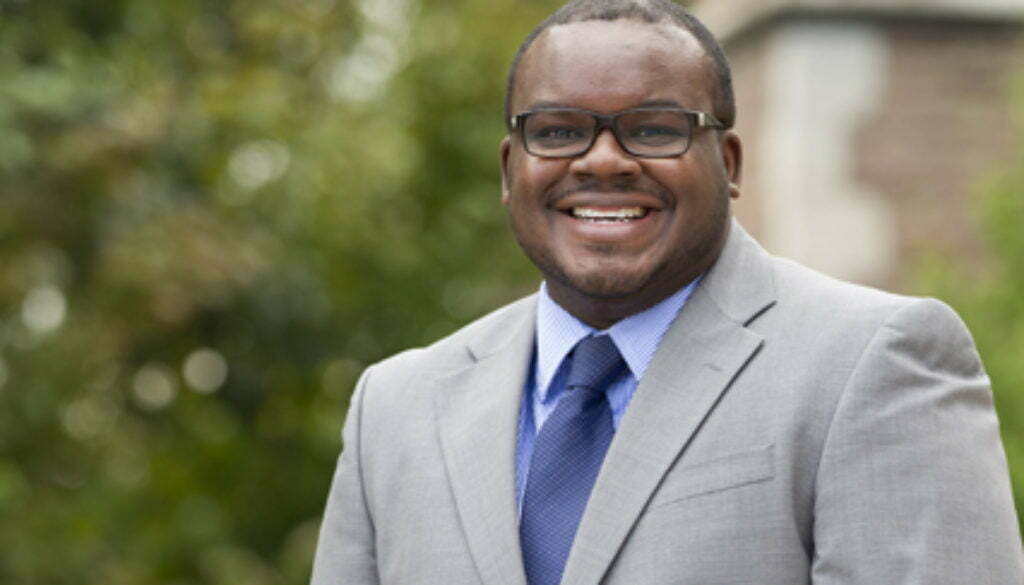
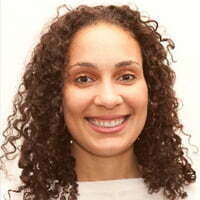
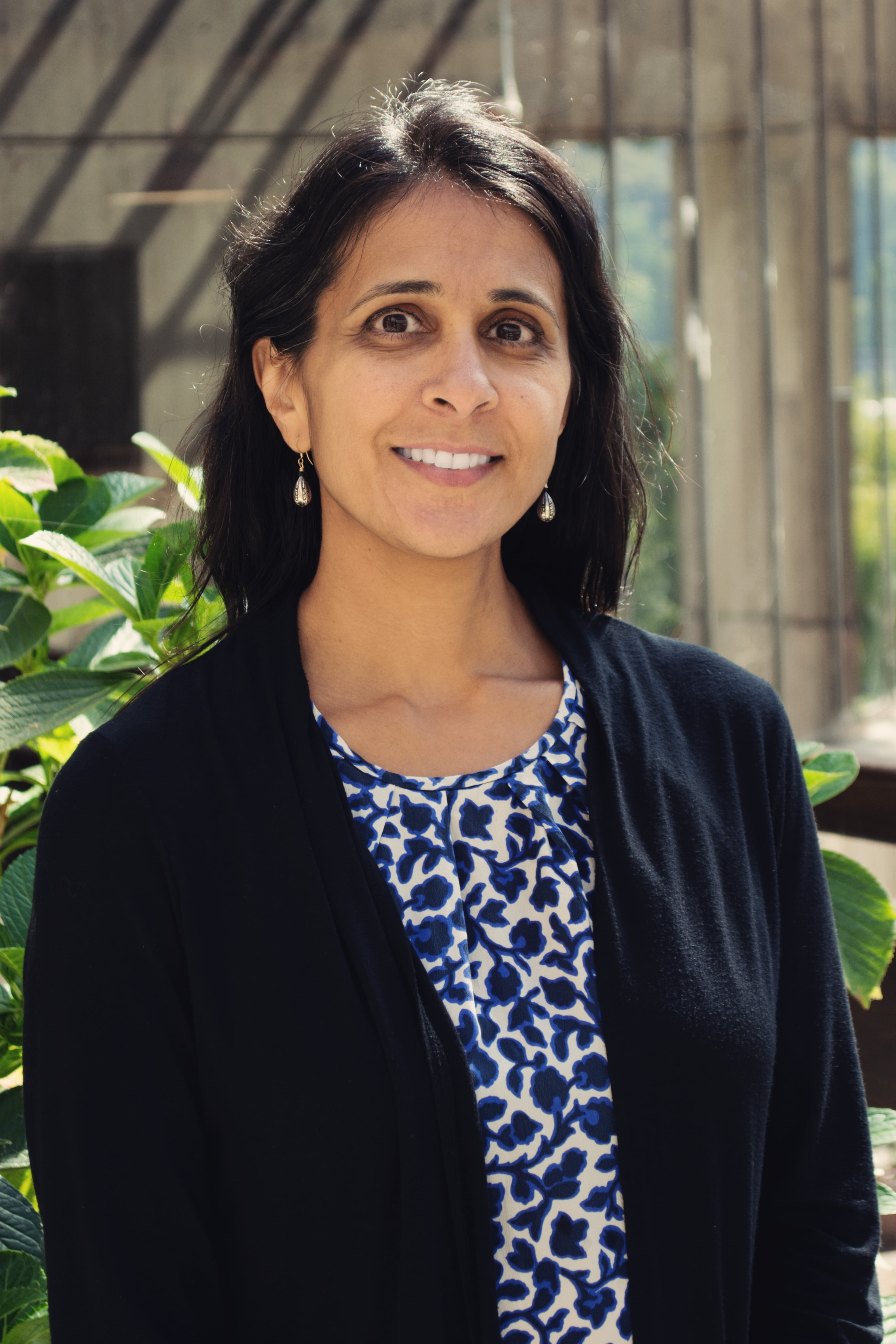
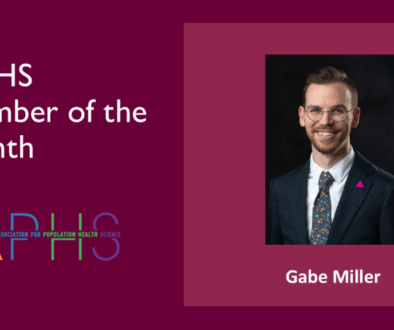
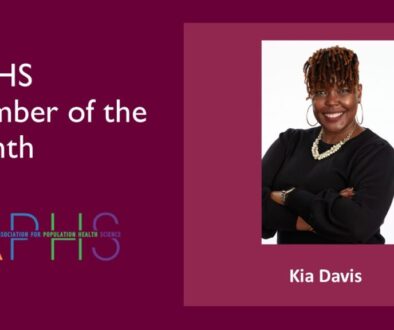

All comments will be reviewed and posted if substantive and of general interest to IAPHS readers.